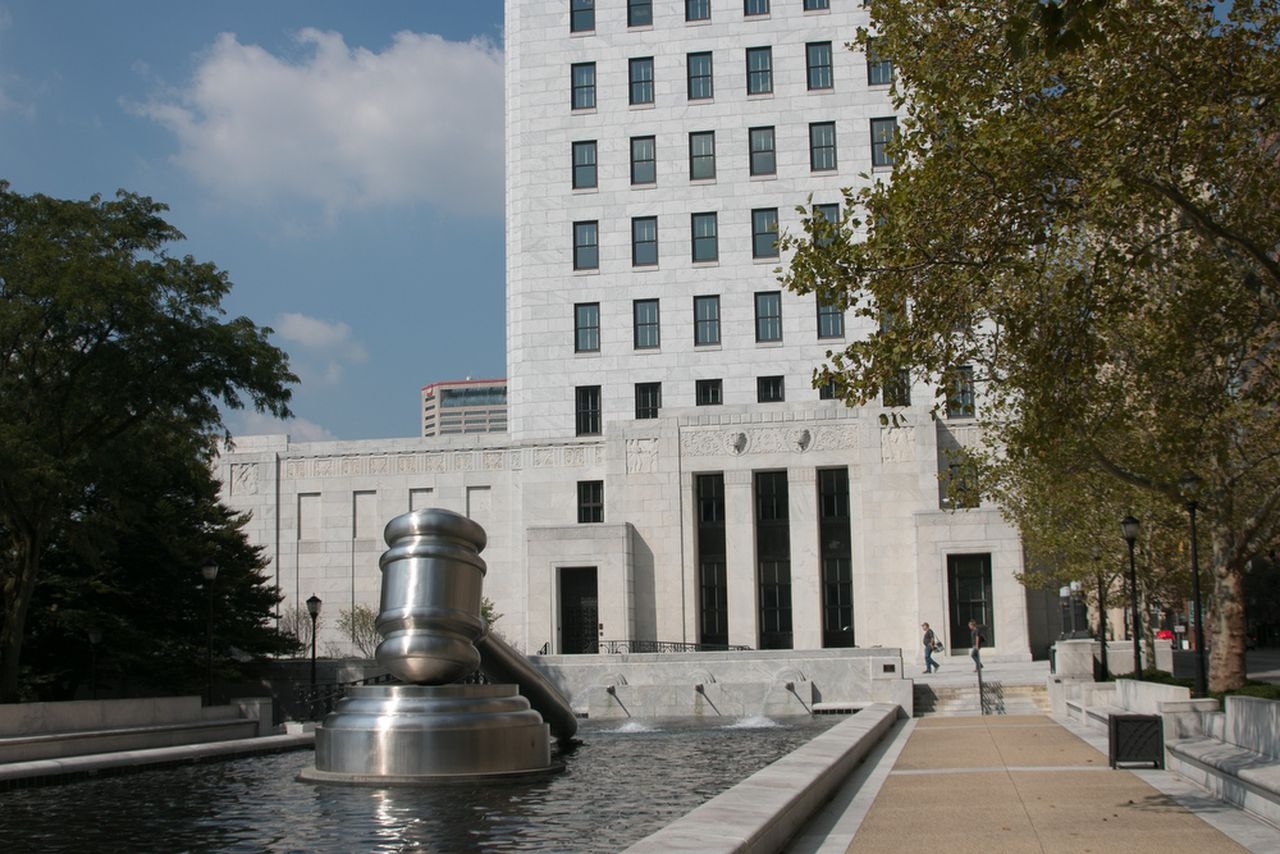Copyright cleveland.com

Environmental advocates have filed what appears to be a rock-solid lawsuit challenging provisions tucked into Ohio’s budget that stripped away critical air quality protections. But Today in Ohio podcast hosts say they’re fighting a losing battle—not because they’re wrong on the merits, but because Ohio’s Supreme Court is too politically compromised to enforce the state’s own constitutional rules. In a candid discussion about the state of Ohio governance, podcast host Chris Quinn offered a blunt assessment of the lawsuit’s prospects: “Make no mistake. They’re absolutely right. This violates the single subject rule. But because of the setup of Ohio government right now, it doesn’t matter that they’re right. They’re not going to win this case.” The lawsuit, filed by the Ohio Environmental Council, Sierra Club, and other groups in Franklin County, challenges provisions in the recent state budget that gutted Ohio’s air nuisance rule and eliminated a tool that allowed communities to hold polluters accountable using their own air quality sensors. The environmental groups argue that these changes violate Ohio’s constitutional “single-subject” rule, which requires legislation to address only one topic. The podcast explained that these environmental protections were eliminated through a legislative maneuver that’s become common practice in Ohio—burying controversial policy changes in massive budget bills where they receive less scrutiny. Quinn expressed frustration that the Supreme Court has repeatedly failed to enforce the constitutional single-subject requirement: “The Ohio Supreme Court whores itself out for the Republican Party. They won’t change it. I think we need a constitutional change.” He proposed a specific solution: “I’ve said this before, that anything in the budget that would change any part of the Ohio Revised Code would be illegal. You want a single subject rule. That’s the way to do it -- anything that would have any impact on existing law must be stripped out and passed separately. That would end this.” The podcast discussion highlighted the real-world consequences of these legislative maneuvers. According to the hosts, without the air nuisance rule and community-level air quality monitoring, everyday citizens have lost vital tools in their fight against pollution in their neighborhoods. “We have a single subject rule. We shouldn’t have to do something beyond it,” Quinn lamented. “But like I said, you just cannot count on the clowns that are in the Ohio Supreme Court.” The fundamental problem, as articulated on the podcast, is that Ohio’s current political structure allows one party to control not only the legislature but also the court that’s supposed to serve as a check on legislative overreach. This creates a scenario where even clear constitutional violations can go unchecked if addressing them would run counter to the majority party’s interests. The environmental groups’ lawsuit represents more than just a fight over specific air quality regulations; it’s a test of whether Ohio’s constitutional guardrails still function as intended. Based on the podcast discussion, the prognosis isn’t good—not because the lawsuit lacks merit, but because the system itself has been compromised. For listeners of the Today in Ohio podcast, this case exemplifies a broader concern about the erosion of constitutional governance in the state. The hosts suggest that without significant structural reform, potentially through a constitutional amendment, Ohioans can expect this pattern to continue—with major policy changes buried in budget bills and the courts unwilling to enforce constitutional limitations. Listen to the discussion here. Read more Today in Ohio news Cleveland’s sports billionaires refuse to pay their fair share while city battles poverty “This is appeasement:” Dems blasted for caving to GOP blackmail on Ohio’s gerrymandering “First president ever” to let Americans go hungry: Trump keeps cash that could feed Ohioans



